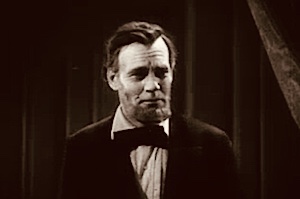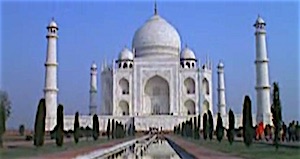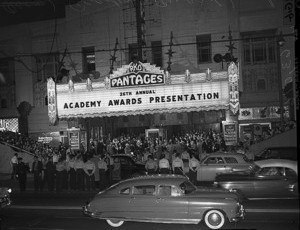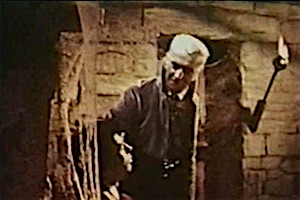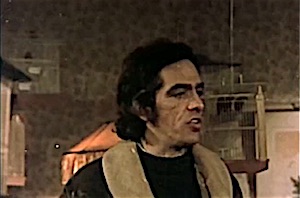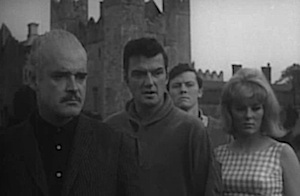Viewers can stream the 2021 Oscars through the ABC app.
You can live stream the 93rd Academy Awards by visiting the ABC website, or by downloading the ABC app.
The app is available on all major streaming platforms, including Roku, Google Play, and Apple.
Tonight is an interesting and innovative presentation that allows for a live show with links from around the world while still staying Covid-19 safe, with vaccinated guests.
Find out more about tonight’s show, who’s nominated, and more by clicking right here.
History of the Event
The Academy Awards (officially rebranded as The Oscars in 2013) originated in 1929, as a means to acknowledge outstanding achievement in the motion picture industry.
There was a small, private dinner ceremony on May 16, at the Hollywood Roosevelt Hotel in Hollywood, Californiaunder 300 people attended. An after-party at the Mayfair Hotel followed the main ceremony. Fifteen artists, directors and film-industry professionals were honored, but in contrast to later ceremonies, the winners had already been announced to the press three months earlier.
The tradition of the surprise reveal started with the second awards ceremony, in 1930, and the sealed envelope was introduced in 1941, after a newspaper leaked the news prematurely (the papers were given winning names early, with the agreement that they wouldnt publish until 11:00 pm the night of the big event.)
The first Best Actor award went to Emil Jannings, for The Last Command and The Way of All Flesh. Its interesting to note that the early awards were given for all the work done by the recipient during the qualifying period, unlike modern awards, which are typically given for one specific film project. Life time achievement awards are one exception to this modern trend.
Another difference of interest to film enthusiasts pertains to the Foreign Film category. Foreign films were honored with special achievement awards until 1957, at the 29th Academy Awards Ceremony, when the Foreign Film Category was added to the repertoire.
To date nearly three thousand Oscar statuettes have been awarded to a wide range of film professionals and personalities.
While the Oscars honor outstanding achievement in motion pictures, the following major awards honor outstanding achievement in other entertainment and media venues:
- Grammy Awards – Music industry
- Emmy Awards – Television
- Tony Awards – Stage Performance
